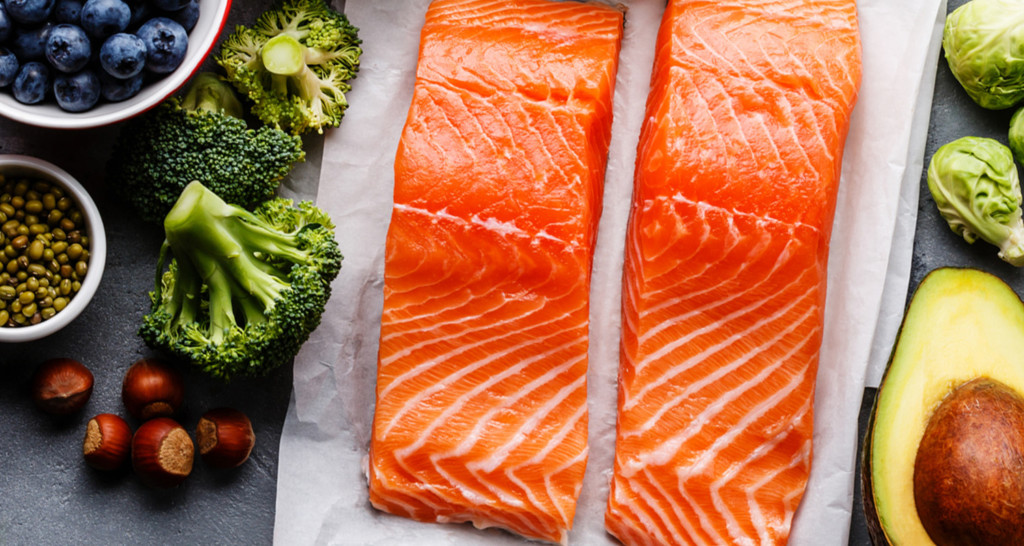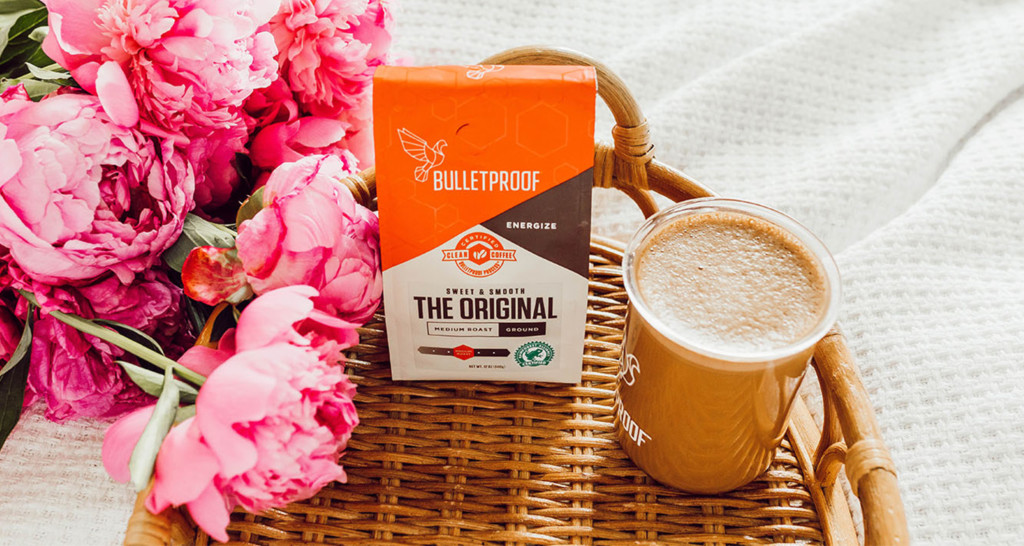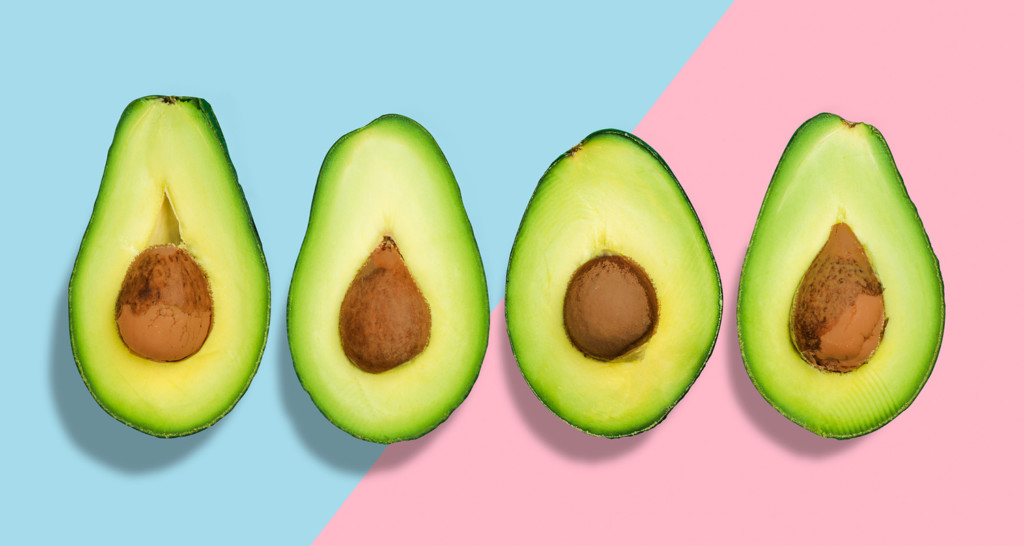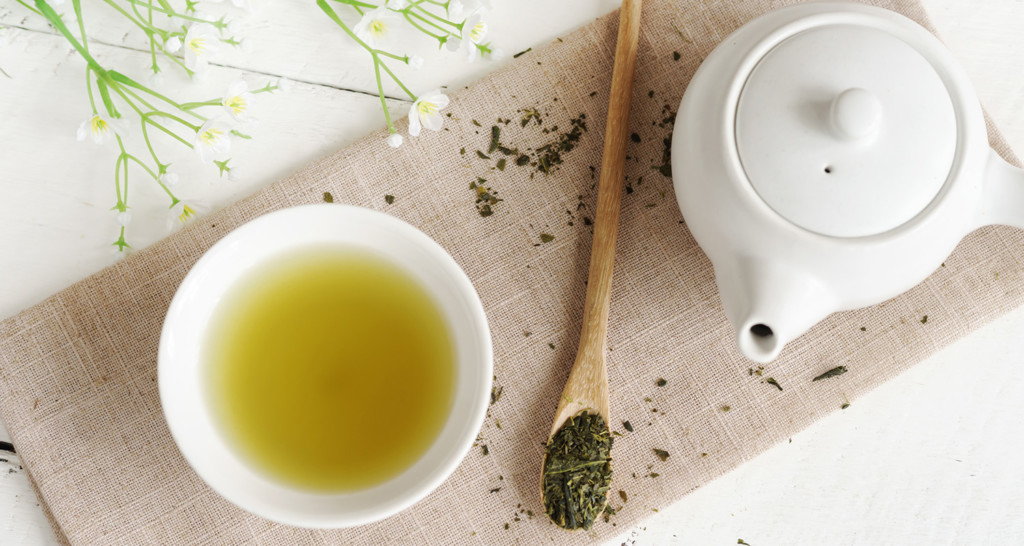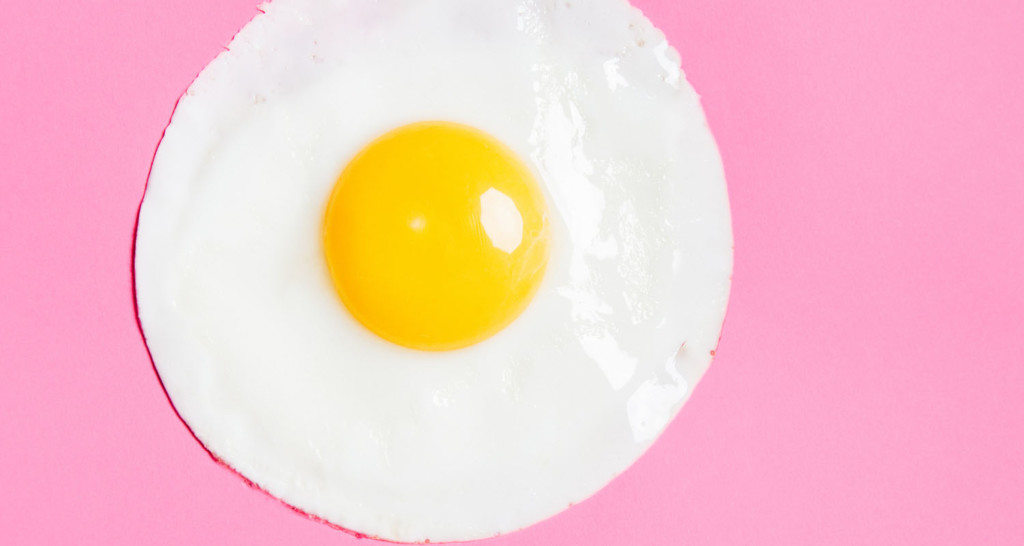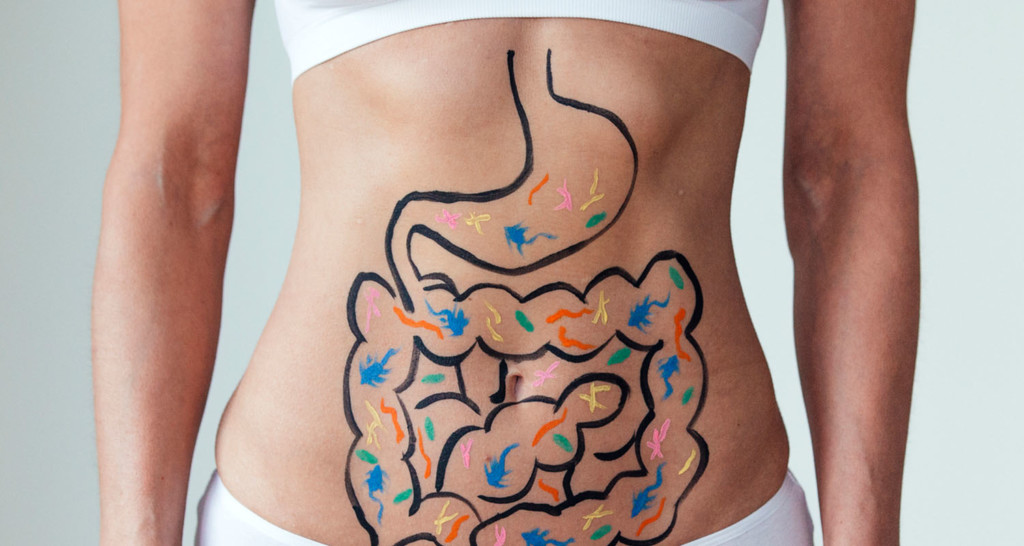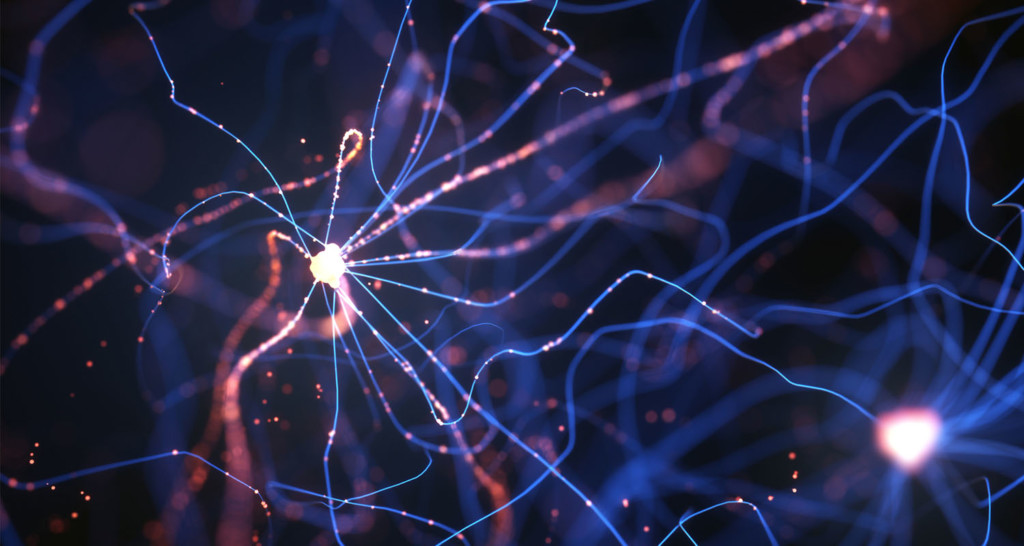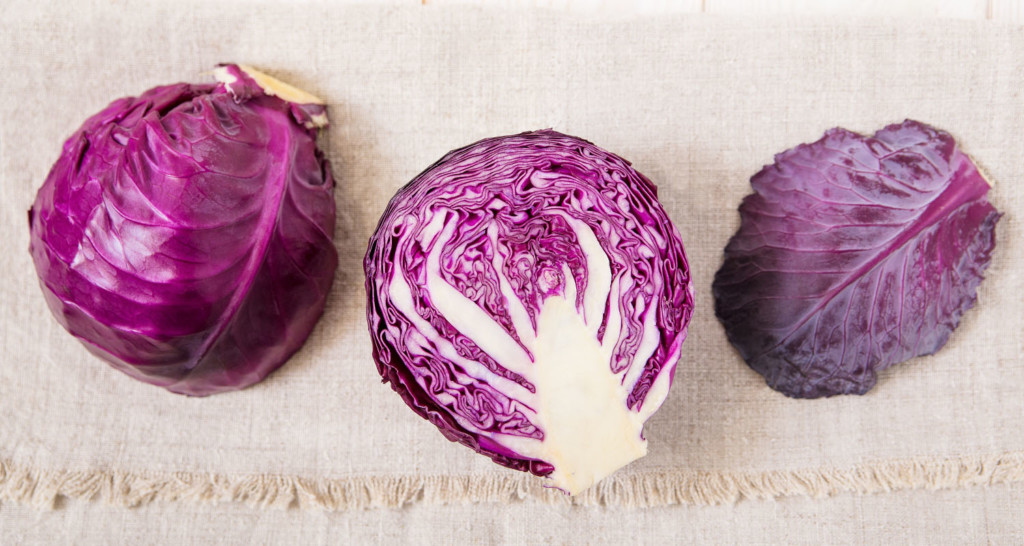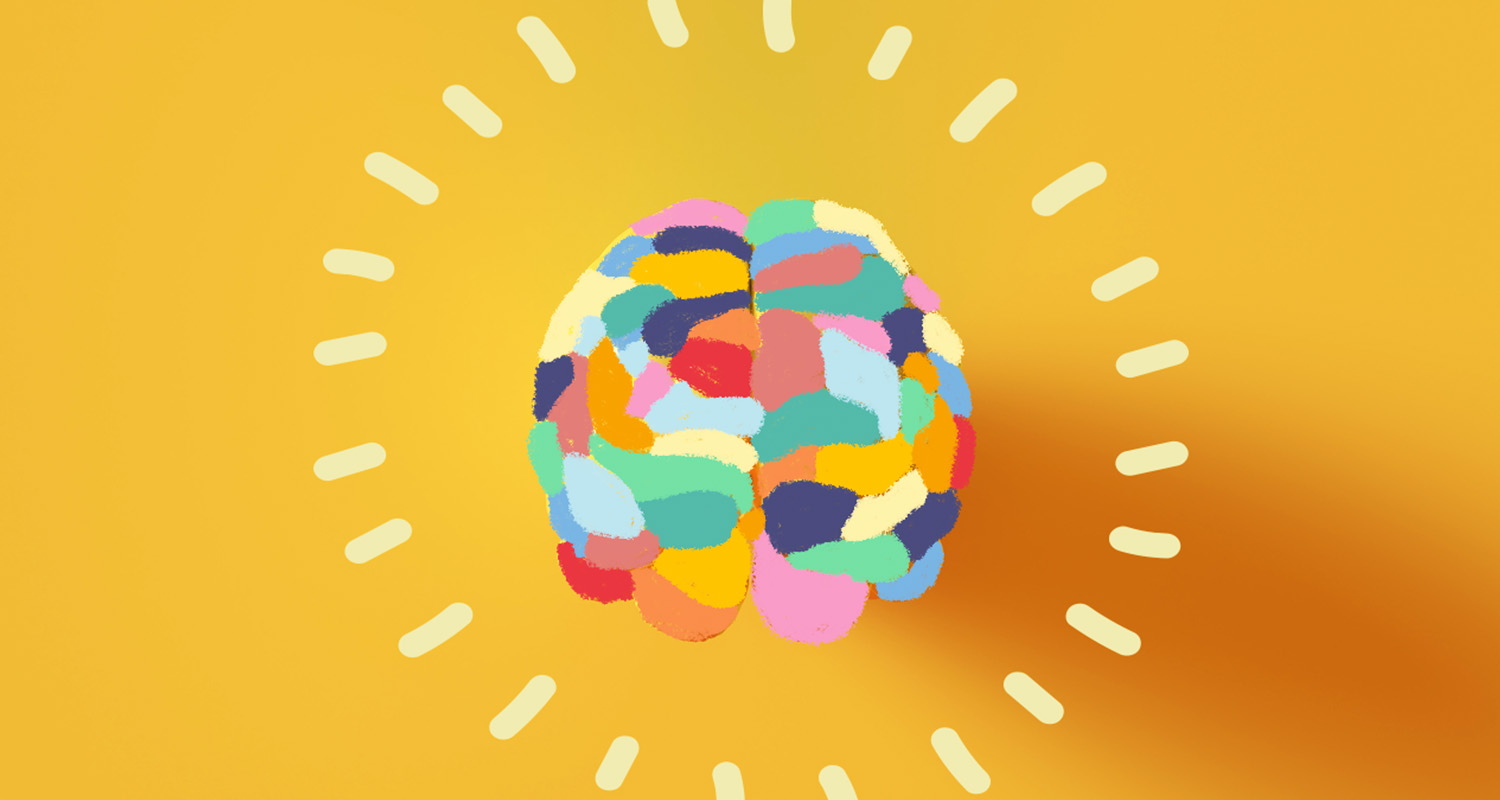
- What makes the brain tick is still largely a mystery — it’s such a complex organ that neuroscientists are still trying to figure out how it works.
- What science has figured out is that certain nutrients and habits can strengthen your brain, impacting everything from your mood, to your performance, to your sleep.
- Read on to discover science-backed ways to boost brain health that will supercharge your days, dial down stress, and help you problem-solve like a boss.
- Sometimes you don’t know how you’re going to find the mental energy to power through your day. Clear brain fog with a high-fat, low-carb diet, Bulletproof Coffee, and Brain Octane Oil.
- To strengthen brain function and reach your mental peak, eat fat, take L’theanine, do intermittent fasting, and take choline.
- When your feelings of stress and anxiety escalate, it’s almost impossible to focus on the task at hand. Calm your mind with meditation, GABA, cognitive behavioral therapy, and a healthy gut.
- Put the brakes on the brain aging process with polyphenols, BDNF, brain games, and oxaloacetate.
- Sleep is where brain health begins. Without good quality sleep, it doesn’t matter how much coffee you drink, or how many supplements you take, you won’t be able to think clearly and focus without it.
What makes the brain tick is still largely a mystery. It’s such a complex organ that neuroscientists are still trying to figure out how it works. How does the brain’s nearly 100 billion nerve cells give rise to consciousness, causing you to think, feel and behave? These are big questions.
What science has figured out is that certain nutrients and habits can strengthen your brain, impacting everything from your mood, to your performance, to your sleep.
Do you feel mentally foggy by the afternoon? Is stress making it hard for you to focus? Do you have trouble remembering things? These challenges are all linked to brain health.
Read on to discover science-backed ways to boost brain health that will supercharge your days, dial down stress, and help you problem-solve like a boss. Each section covers different needs — mental energy, strong brain function, mood and stress, brain aging, and brain recovery. That way you can easily pick out the best strategies for optimizing your unique brain needs, now and for the future.
Mental Energy
“I need to get through all my work this afternoon but I don’t have the energy to do it,” or “I just can’t keep going, my brain feels like mush.”
Any of these sound familiar? Sometimes you feel like you’ve hit a wall and you don’t know how you’re going to find the mental energy to power through your day. The good news is, there are ways to clear away those sticky mental cobwebs so you can focus and get stuff done.
Here are the best ways to clear brain fog and increase mental energy:
Follow a Low-Carb, High-Fat Diet
When you eat a diet high in healthy fats (think grass-fed meat, wild fish, pastured eggs, avocados, and grass-fed butter), and few carbs, you teach your body to burn fat instead of glucose (aka sugar) for energy. Instead of using glucose for fuel your body switches to burning fat for energy. This puts you into a metabolic state known as ketosis. Not only does ketosis accelerate weight loss and reduce inflammation in the brain, it also helps the brain produce more mitochondria, the power generators within cells. More energy in your cells equals more brain power.
Learn more here about how to get started on a cyclical keto diet.
Choose Probiotics Wisely
You may think you’re doing your body and gut a favor by taking probiotics supplements, but the most common probiotic strains may cause brain fog. In a study of people with GI symptoms, all patients taking probiotics reported confusion and trouble concentrating. So should you toss your probiotics supplements? It depends. Some strains increase your levels of histamine — the same chemical your body produces during an allergic reaction. Too much histamine causes inflammation in the body, including, you guessed it — brain fog.
Do this: Avoid probiotic supplements that contain Lactobacillus casei, Lactobacillus reuteri, and Lactobacillus bulgaricus. These histamine-producing bacteria are also present in so-called health foods like conventional yogurt and aged or fermented foods. Learn more here about the best and worst probiotics.
Drink Bulletproof Coffee
If you’ve been drinking Bulletproof Coffee for a while, then you know how energizing a cup can be. You already know that caffeine wakes up your brain, but how? Caffeine works its magic by binding to adenosine receptors in the brain. Adenosine is a chemical that slows down nerve cells, making you feel sleepy. Caffeine fools your nerve cells into thinking its adenosine (because it’s bound to receptors usually taken up by adenosine), but instead of causing drowsiness, caffeine causes nerve cells to fire up more quickly. And that’s why you feel that pleasant jolt of alertness after just a few sips.
The addition of healthy fats like grass-fed butter and Brain Octane Oil slow the absorption of the caffeine, which gives you a steadier, more sustained dose of energy throughout the morning and into the early afternoon. Learn how to make Bulletproof Coffee here.
Add Brain Octane Oil to Your Meals
Brain Octane Oil is a purified form of saturated acids called medium-chain triglycerides (MCTs). Brain Octane is called that for a reason — it increases your brainpower within minutes. Your body rapidly absorbs Brain Octane and converts it into ketones, which the brain uses as an instant source of energy.
Do this: Add to your coffee and drizzle it over your meals throughout the day — in your salad dressing, on sushi, or over steamed vegetables.
Strong Brain Function
You know those times when you’re trying really hard to remember the name of that movie that won the Oscar maybe two (or was it three?) years ago, with that guy from that TV show everyone loved, you know the one, he was a teacher, no a cop, it was called… Now what was it again?
Or perhaps you’re struggling to confidently make decisions everyday, from the banal (what socks should you wear?) to the bigger ones, like whether to take that job and move across country or not.
It’s possible to sharpen your cognitive abilities to help you push past your limits and perform at your mental peak. Here’s how:
Eat High-Quality Fats
Your brain is 60% fat. In fact, it’s the fattiest organ in the body. So it makes sense that you’d need to feed it plenty of good fats to keep it strong and in working order. Essential fatty acids are the fats that grow and develop your brain, starting in the womb. Saturated fat also improves brain function. It feeds myelin, the fatty layer of insulation that covers brain cells. Myelin helps brain cells talk to one another via electrical signals. When myelin breaks down, it slows down this electrical communication.
Do this: Eat plenty of wild fatty fish, grass-fed butter, pastured eggs, and avocados to keep your wiring up to speed.
RELATED: What You Need to Know About Myelin and the Top 12 Ways to Support Your Brain
L-theanine
You may have heard of nootropics (aka smart drugs) — compounds that enhance brain function. One that’s especially good for mental energy and alertness is l-theanine.
Do this: The best source of L’theanine is black and green tea — drink a cup or two for a gentle boost, or for a stronger effect, pair 200 mg of a quality L-theanine supplement with your morning Bulletproof Coffee. Together, caffeine and L-theanine increase memory, reaction time, and mental endurance.
Intermittent Fasting
Intermittent fasting simply means you cycle in and out of periods of eating and not eating. There are various ways to do it — the most common is to eat all your daily calories within a 6-8 hour window, and fast for the remaining 14-16 hours. With Bulletproof Intermittent Fasting, instead of breakfast, you drink a cup of Bulletproof Coffee — the healthy fats from the grass-fed butter and Brain Octane Oil keep you full without switching on your digestion, so you remain in the fasting state.
So what’s fasting got to do with the brain? A lot, in fact. Intermittent fasting lowers your risk for neurodegenerative diseases like Alzheimer’s and Parkinson’s; it prevents neurons in the brain from getting damaged or killed; it improves learning and memory; and it can also ease depression.
RELATED: The Ultimate Guide to Intermittent Fasting for Beginners
Choline
Like l-theanine, choline is a nootropic. Choline spurs the creation and release of acetylcholine, a neurotransmitter that supports learning and memory. Choline also lowers inflammation in the brain — research shows the more choline you eat, the less inflamed your brain is likely to be.
Do this: The best source of choline is grass-fed beef liver and pastured egg yolks, or you can supplement with 250-500 mg daily, in the morning.
RELATED: 9 Nootropics to Unlock Your True Brain
Mood and Stress
A little bit of stress can be a good thing — it puts you into action mode and helps you power through your to-do list. But when your feelings of stress and anxiety escalate, it’s almost impossible to focus on the task at hand. Your nervous system gets triggered and your body starts pumping out cortisol — your stress hormone. This causes your attention to scatter and you have trouble concentrating. Here are proven ways to calm your mind so you can feel good and get more done:
Heal Your Gut
Your brain and your gut are constantly talking to each other. Research shows that there’s a strong link between what’s going on in your gut and a host of behavioral and mood disorders, including depression, anxiety, and neurodegenerative diseases. Gut bacteria imbalances or stomach upsets send signals to the brain via the central nervous system (CEN), causing changes in your mood. Therefore a balanced, thriving gut is key to feeling content and calm.
Do this: The best way to fix your gut is to quit sugar and eat a diet full of low-toxin, anti-inflammatory foods.
Learn more here about the best strategies to heal your gut.
GABA (Gamma-Aminobutyric Acid)
GABA is a neurotransmitter that calms nerve activity and lowers anxiety.
Do this: To increase your GABA levels naturally, take 400g of magnesium before bed. Magnesium is an essential mineral that regulates GABA activation across most of your brain. Or you can exercise — working out naturally releases various neurotransmitters, including GABA. Yoga increases GABA signaling in the brain.
RELATED: How to Rewire Your Brain for More Focus and Calm
Meditation
Meditation reduces anxiety at the neural level by firing up specific areas of the brain that calm your nervous system. In one study, mindfulness meditation activated the parts of the brain related to executive function — your ability to plan ahead and think rationally — and emotional awareness. When you meditate every day, you increase your ability to focus and resist distraction for longer periods of time.
Do this: Try this guided meditation, or download one of these 5 best meditation apps to get started. Begin with just five minutes a day, and build up to 20 minutes if your schedule allows it.
Change Your Thoughts
When you feel anxious or overwhelmed, your thoughts might be too blame. According to cognitive behavioral therapy (CBT), negative thinking is what drives anxiety. CBT teaches people to challenge negative thoughts as they arise, and change them. Doing this actually rewires the brain — every time you think differently, you strengthen new neural pathways.
Try using a CBT exercise like this one to start changing the way you think.
Brain Aging
As you age, less blood flows to the brain, your neurons shrink, and you have less brain volume. As a result, your memory suffers and you have trouble focusing.
On an episode of Bulletproof Radio, Vice-chair of Research in the Department of Psychiatry and Behavioral Sciences and Director of Behavioral Immunology at Emory School of Medicine Dr. Andrew Miller explains that brain aging depends heavily on inflammation.
In the interview, he illustrates the example that people who have autoimmune or inflammatory disorders are more likely than the general population to experience things like anxiety and depression. Doctors have been using this information to treat the problems with brain functioning that come with high levels of inflammation.
“If you block just those [inflammatory proteins], the depression scores drop, the anxiety levels drop and the people feel as if they are new people in terms of their psychological wellness, their psychological wellbeing, their mental health,” says Miller.
Miller explains that inflammation is the cornerstone of brain aging, so keeping inflammation in check is key.
The good news is, there’s a lot you can do to put the brakes on the aging process, so read on. Because you’re only as young as your brain, right?
Load Up On Polyphenols
Polyphenols are a group of brightly colored antioxidants that make foods like blueberries, raspberries, green tea, red cabbage, coffee, and cacao so good for your brain. Polyphenols protect your brain from stress and free radical damage. They also enhance learning and memory and slow down brain aging.
Do this: Choose polyphenol-rich foods or take a broad-spectrum supplement to get a large dose of these brain-enhancing antioxidants. Aim for 1,000 mg daily, taken in the morning.
RELATED: 8 Ways to Keep Your Brain Young As You Age
BDNF (Brain-Derived Neurotrophic Factor)
BDNF is a protein that strengthens your existing brain cells and creates new ones. BDNF also keeps your brain resilient — it protects neurons from stressful situations like neurotoxicity (damage to the brain from toxic substances) and hypoglycemia (aka low blood sugar). As you get older, it’s normal to lose BDNF, which can impact brain health, memory, and focus. You can increase BDNF with the help of certain daily habits including exercise, deep sleep, sunlight exposure, and meditation.
Learn more here about natural ways to get more BDNF.
Oxaloacetate
When you’re stressed or you’re exposed to environmental toxins, your brain pumps out glutamate — one of the main neurotransmitters that helps your brain cells communicate with each other. Your brain needs glutamate, but too much of it actually blocks electrical signals, causing toxic buildup in the brain and killing surrounding brain cells.
A compound called oxaloacetate lowers levels of glutamate in the brain. In one study, oxaloacetate protected the brains of rats from glutamate-induced damage.
Do this: Oxaloacetate is present in food but in really small doses, so a supplement is the best way to get more of it in your cells. Take 100 mg once a day.
Train Your Brain
Your neurons are like muscles — you can train them to become stronger and more efficient. As you get older, brain exercises can help prevent memory loss. Get creative, these games can be fun! You may already have played logic games like Sudoku, or tried your hand at solving a Rubik’s cube. Doing math in your head, without the aid of your phone’s calculator, is another great way to fire up those neural pathways. To increase your attention span, try doing two tasks at once, like listening to a podcast while you run.
You could also try a brain training method used by scientists called dual n-back training — a simple test where you must remember a constantly changing sequence of visual and audio cues. N-back improves your problem-solving abilities, memory, and imagination. In one study, people who used n-back training showed a 30 percent improvement in working memory (where you temporarily store information for later use).
Learn more here about how n-back training works.
Recovery
Sleep is where brain health begins. Without good quality sleep, it doesn’t matter how much coffee you drink, or how many supplements you take, you won’t be able to think clearly and focus without it.
Did you know that your brain is actually most active when you’re sleeping? While you’re off in dreamland, your brain is repairing itself, cleaning out waste, and strengthening neural pathways based on what you did and learnt during the day.
The trick isn’t sleeping more — it’s not about how many hours you’re clocking in your bed. Rather, it’s about the quality of the sleep that you’re getting.
Learn more here about ways to sleep better so your brain can get to work and do what it needs to do.

